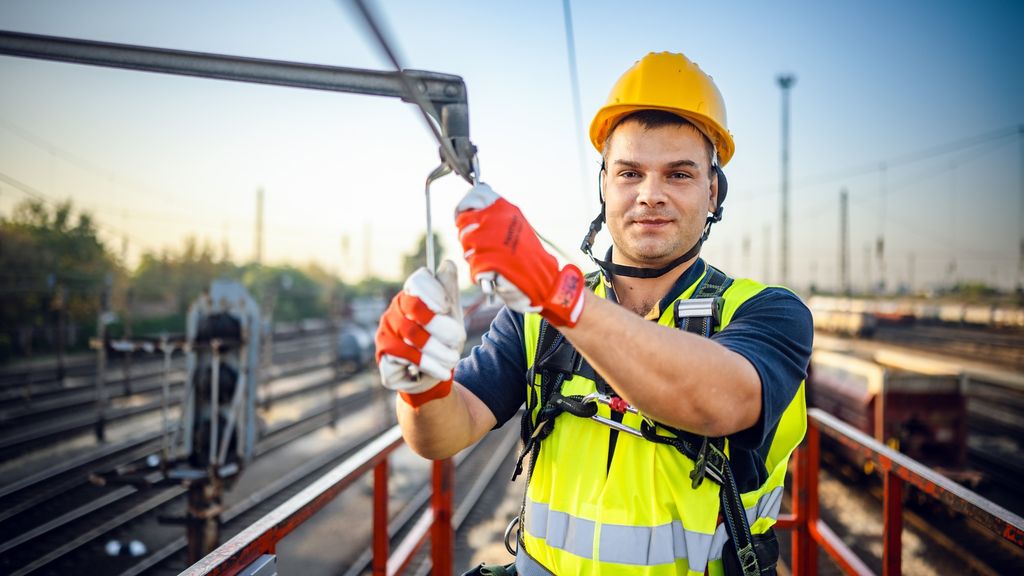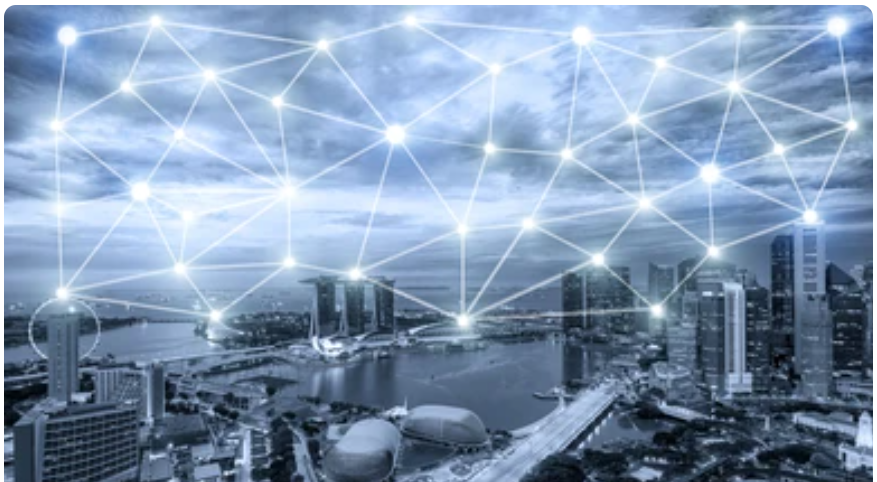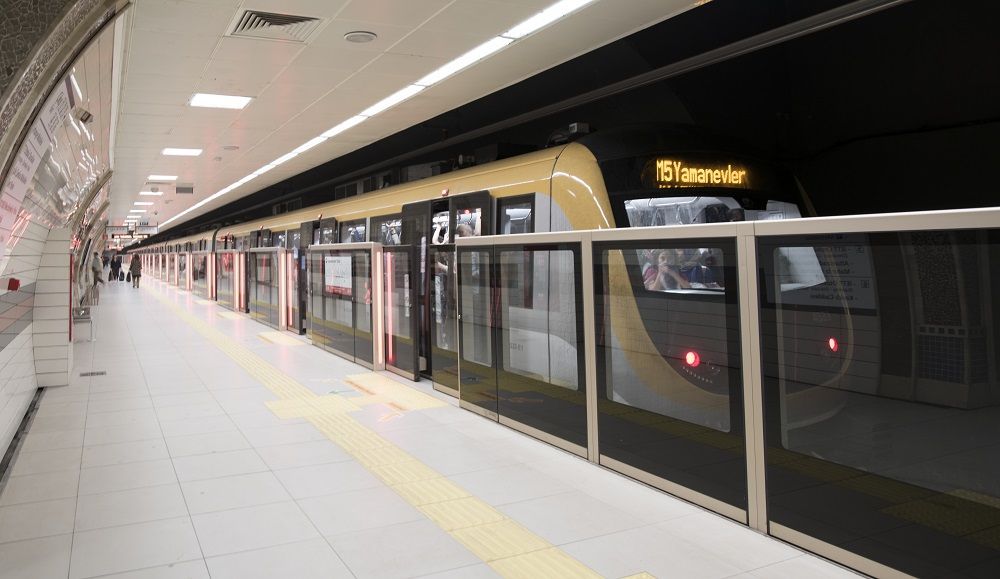
Resilience against disaster: lessons from Hurricane Sandy to Turkey earthquakes
Earthquakes in Turkey and Syria showed the devastating impact of natural disasters. They also tested the public transport sector to its limits. To learn from the people on the ground during this disaster, UITP organised a webinar on resilience in public transport. On 13 April we shared experiences from Turkey and beyond.
Public transport networks are critical infrastructure that serve as a lifeline for millions of people across the globe. However, they are also highly susceptible to a range of incidents that can disrupt and even terminate services for extended periods. From accidents to natural events such as weather, earthquakes, and terrorist attacks, public transport companies need to be well-prepared for any eventuality and manage their response accordingly.
To help public transport companies improve their resilience, UITP’s Eurasia office organised a webinar titled “Resilience in Public Transport: Lessons Learnt from Earthquakes and Other Natural Disasters” on 13 April. The webinar featured five speakers from different parts of the world, each with their own experience in responding to natural disasters. They shared best practices on topics such as preventive measures, emergency management, and effective measures to ensure business continuity.
Preventative measures against natural disasters
Disaster can strike anytime, anywhere. Japan alone has experienced landslides, floods, snowslides, train derailment by earthquakes and more.
To prevent damage to people and property, public transport companies must take preventive measures. From securing infrastructure to implementing early detection systems that ensure early warning against tsunamis and earthquakes, our speakers shared a range of practical tips.
For example, Asako Togari, Deputy Director of the Paris Office of East Japan Railway Company, emphasised the importance of ensuring infrastructural countermeasures, including rail rollover prevention devices and preventing breakage of glued insulated joints. Implementing these preventive measures is crucial in preventing train derailments and ensuring the safety of both passengers and staff.
Public transport in Gaziantep, Turkey after earthquakes
Natural disasters can severely disrupt public transport networks for extended periods. Osman Koç, General Manager of Gaziantep Transportation in Turkey, shared his experience of restoring services after the recent earthquakes in Turkey and Syria. He emphasised the importance of close cooperation with authorities, accurate communication with the public, and swiftly restoring essential services to affected areas.
Koç’s team resumed limited tram services after the 6th day and also used their depots as gathering places for those affected by the disaster. In addition, 1,937 bus trips were made to different disaster areas within and outside the city, providing transportation to shelters. The public transport vehicles also played a vital role in delivering hot food and beverages to the gathering places and tents in the city.
Natural disasters and emergency management
Özhan Şenol, Deputy General Manager of Metro Istanbul, highlighted the importance of having a comprehensive emergency management plan in place. He explained the four stages of their plan: risk reduction practices, preparation and actions, intervention scenarios, and stages of improvement.
A solid emergency plan helps public transport companies respond quickly and effectively to natural disasters and other emergencies. This includes key elements such as awareness and education, restructuring, evacuation, and response.
Having a clear organisational structure is also essential in effectively responding to natural disasters. According to Bonnie Guo, Senior Business Manager at Shenzhen Bus Group, they have an emergency response team, a safety management department, and operations management departments, each with their own responsibilities. This approach ensures that emergency response efforts are coordinated and efficient, with different departments handling various aspects of the emergency action plan. Such an organisational structure can help mitigate the impact of typhoons and flooding.
Measures against various natural disasters
Public transport companies must prepare for a variety of natural disasters, from floods and hurricanes to earthquakes and wildfires. Regular training and drills to ensure preparedness are crucial. More than making staff aware of their responsibilities in an emergency, drills should engrain the appropriate processes into the entire organisation. When crisis hits, the response must be swift, decisive and coordinated.
Porie Saikia, Senior Director of Environment, Energy, and Sustainability at MTA in New York, shared the transit authority’s experience in dealing with Hurricane Sandy, stating “We learned to shut down the system.” This was a crucial lesson for MTA, as their system had previously been operational 24/7, 365 days a year. MTA increased its resiliency by building flood walls, waterproofing, and raising the height of substations, demonstrating the importance of preparedness and adaptability in the face of natural disasters.
Prevention, recovery, training and drills
Public transport needs to prepare for any emergency to guarantee essential mobility to all. From preventive measures and the ensuring quick recovery, to a comprehensive emergency management plan, regular training and drills, and the need for collaboration with stakeholders. It is crucial for public transport companies to invest in best practices and implement preventive measures to ensure business.
The speakers of the webinar ‘Resilience in Public Transport: Lessons Learnt from Earthquakes and Other Natural Disasters’ included Asako Togari, Deputy Director of the Paris Office of East Japan Railway Company; Osman Koç, General Manager of Gaziantep Transportation in Turkey; Özhan Şenol, Deputy General Manager of Metro Istanbul; Porie Saikia, Senior Director of Environment, Energy, and Sustainability at MTA in New York; and Bonnie Guo, Senior Business Manager at Shenzhen Bus Group.
Discover the upcoming UITP webinars and events in our events calendar.












